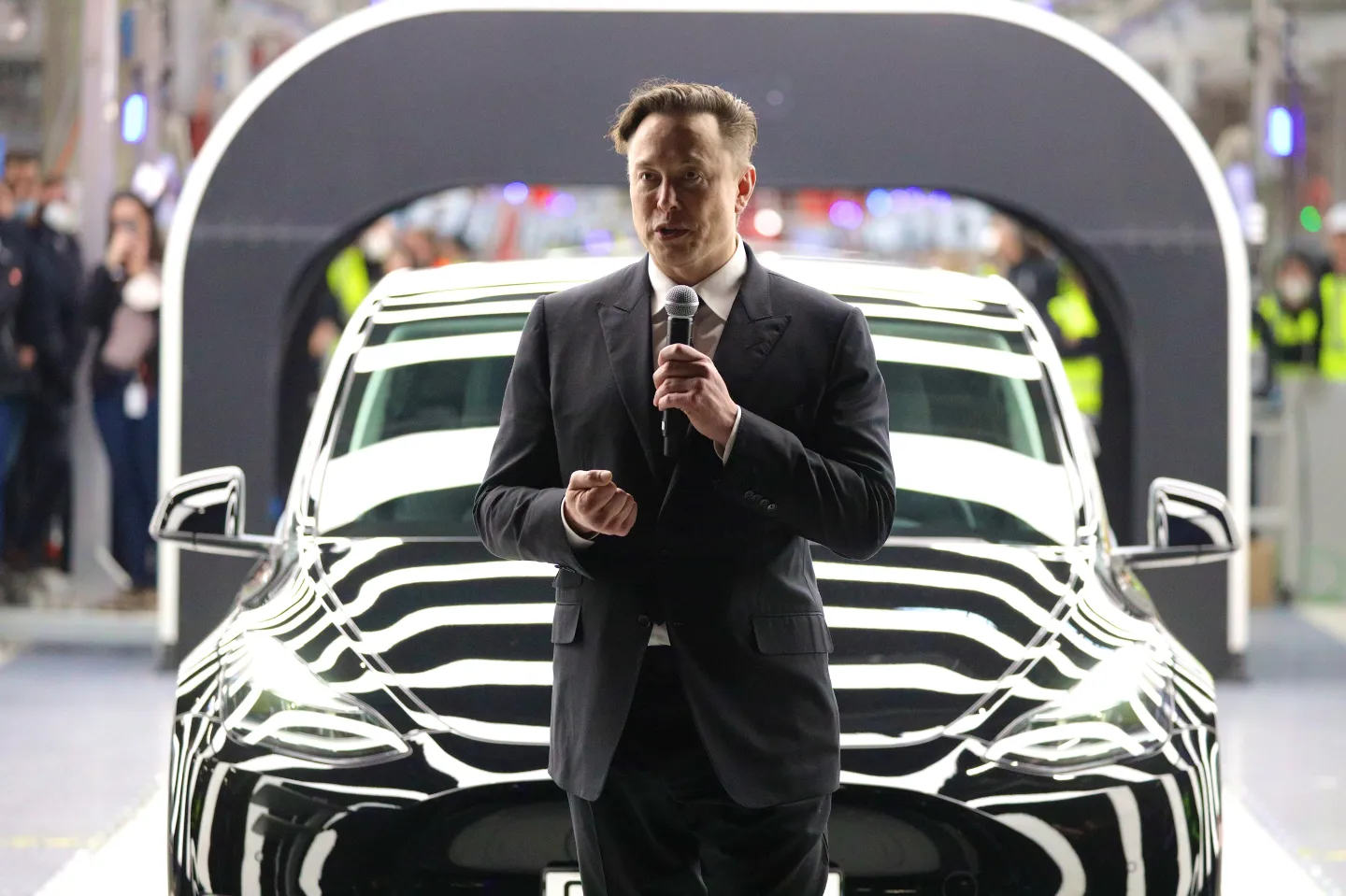In recent times, the automotive market has witnessed an intriguing trend: a significant increase in the accessibility and affordability of used Teslas. This shift can be traced back to a series of events surrounding Tesla’s CEO, Elon Musk, whose actions and statements have sparked considerable controversy and led some owners to distance themselves from the brand. This article delves into the evolving landscape of Tesla ownership and what this means for potential buyers.
Tesla, known for its innovative electric vehicles and charismatic CEO, Elon Musk, has long stood as a symbol of high-tech luxury and environmental consciousness. However, the company has had its share of ups and downs, largely influenced by Musk’s public persona and decision-making. Recent controversies have been particularly potent, prompting some Tesla owners to sell or trade in their vehicles.
This departure from Tesla has flooded the market with used models, consequently driving prices down. This slump in resale values is notable, given that Tesla’s vehicles have historically held their value remarkably well compared to other cars. Models like the Tesla Model S and Model X, as well as more recent additions like the Model 3 and Model Y, are now more accessible to a broader audience, thanks to these reduced prices.
The implications of these developments are substantial. For automotive enthusiasts and environmental advocates, the availability of affordable Teslas could accelerate the transition to electric vehicles (EVs). Lower prices mean that more people can afford to adopt cleaner, more sustainable technology, reducing the carbon footprint associated with road travel.
On the flip side, the influx of used Teslas presents challenges for Tesla’s brand image. The company has cultivated a persona of exclusivity and cutting-edge innovation, but the public disputes involving Musk might tarnish this reputation. If potential new Tesla buyers perceive that owning a Tesla is less desirable, this could affect new car sales and, by extension, Tesla’s market performance.
However, for current Tesla owners and potential buyers, the situation represents a unique opportunity. The primary allure of a Tesla — state-of-the-art technology, impressive performance, and environmental benefits — remains intact, regardless of market fluctuations and CEO controversies. Now, these benefits are simply available at a lower price point.
Moreover, the quality of used Teslas on the market is generally high. Tesla cars are well-known for their durability, advanced features like Autopilot, and over-the-air software updates that continually enhance vehicle functionality. As such, buying a used Tesla does not typically involve compromising on technology or performance.
Potential buyers should, nevertheless, approach these deals with diligence. It is crucial to verify the condition of the car, its maintenance history, and the validity of its warranties before making a purchase. Given Tesla’s robust technology and digital integration, consulting a specialist who understands the specifics of electric vehicle technology would be wise.
In conclusion, while the recent backlash against Elon Musk has undeniably impacted Tesla’s market and resale values, it has also democratized access to a pioneering technology. More people can now afford what was once considered a luxury, making the dream of owning a cutting-edge, environmentally friendly car a reachable reality for a broader segment of the population. As the situation evolves, both Tesla and its customer base will need to navigate the complexities of the market dynamics and brand perception. Ultimately, this could either herald a new era in electric vehicle adoption or serve as a cautionary tale about the risks of a brand tied closely to the actions of its leader.










